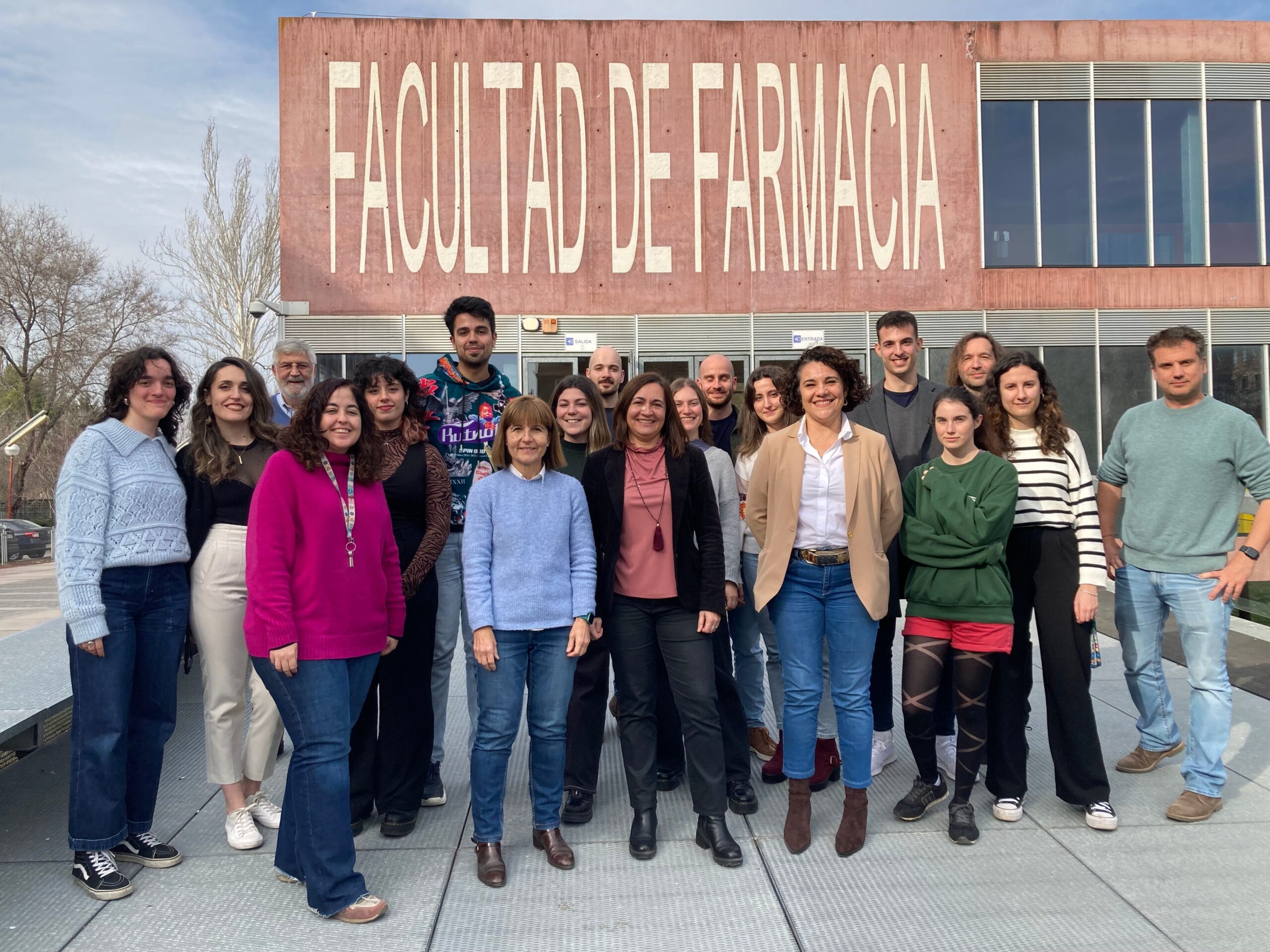
Tel. +34 913941627
Faculty of Pharmacy, Complutense University of Madrid
Plaza Ramón y Cajal s/n, 28040 Madrid

For more than 20 years our basic and translational research has focused on the study of the role of different signal transduction pathways in liver pathophysiology and tumour processes. Recently, we have opened new lines focused on the analysis of the role of the tumour microenvironment in the regulation of dormancy of disseminated tumour cells, and the identification of new genes involved in metastasis processes by means of large-scale genetic screening. Among the pathways studied are MAPKs, especially p38 MAPKs; the nucleotide exchange factor, C3G; receptor tyrosine kinases, in particular Met and the EGF receptor; as well as some members of the TGF-beta superfamily, namely TGF-beta and BMP9, and their receptors, and signalling pathways induced by plexins, neuropilins, and semaphorins.
As study tools we use different in vivo and in vitro models, including conditional knock-out mouse models (of C3G and Met,), and transgenic mouse models with overexpression of wild-type C3G or C3G without the catalytic domain in platelets; and a transgene expressing a mutant form of EGFR, specifically in the liver; as well as primary cells and cell lines derived from these models or genetically modified in vitro using shRNAs or CRISPR/Cas9 technology, such as hepatocytes, and adult liver stem cells, and tumour cell lines of different types and origin. In addition, we used preclinical models of tumour growth and metastasis studies in immunosuppressed mice and in the chorioallantoic membrane of chick embryos.
The group also has extensive experience in characterising the molecular mechanisms that mediate the actions of the signals studied, and the intercommunication between different signalling pathways. Ultimately, the ultimate goal of our research is to contribute to the knowledge of the signalling network that controls liver pathophysiology, tumour growth, dormancy, and metastasis, including the contribution of platelets and the entire tumour microenvironment, in the hope that this knowledge can be applied in the search for therapeutic tools for different pathologies.
Dr. Almudena Porras Gallo holds a Licentiate degree and a PhD in Pharmacy (specialising in Biochemistry) from the Complutense University of Madrid (UCM). She completed a postdoctoral stay at the National Cancer Institute (NCI, NHI) in the USA and several short stays at the European Molecular Biology Laboratory (Heidelberg, Germany) and at the Developmental Biology Institute of the CNRS-University of Marseille (France), gaining extensive research experience in the field of cell signalling.
She is currently Full Professor of Biochemistry and Molecular Biology (Faculty of Pharmacy, UCM). She leads a research group focused on characterising the function of different signalling pathways in the context of various pathologies, including cancer and liver diseases.
For the past 20 years, she has been principal investigator of national research projects (coordinated with those of the group of Dr. Carmen Guerrero, Cancer Research Centre – University of Salamanca) and regional research projects on a continuous basis, she has also participated as a researcher in international and regional projects.
She has supervised 9 doctoral theses (4 with European or International Mention).
She also has numerous publications in international peer-reviewed journals listed in the JCR (79% Q1, 28.3% D1) with a total of 4041 citations (ResearchGate).